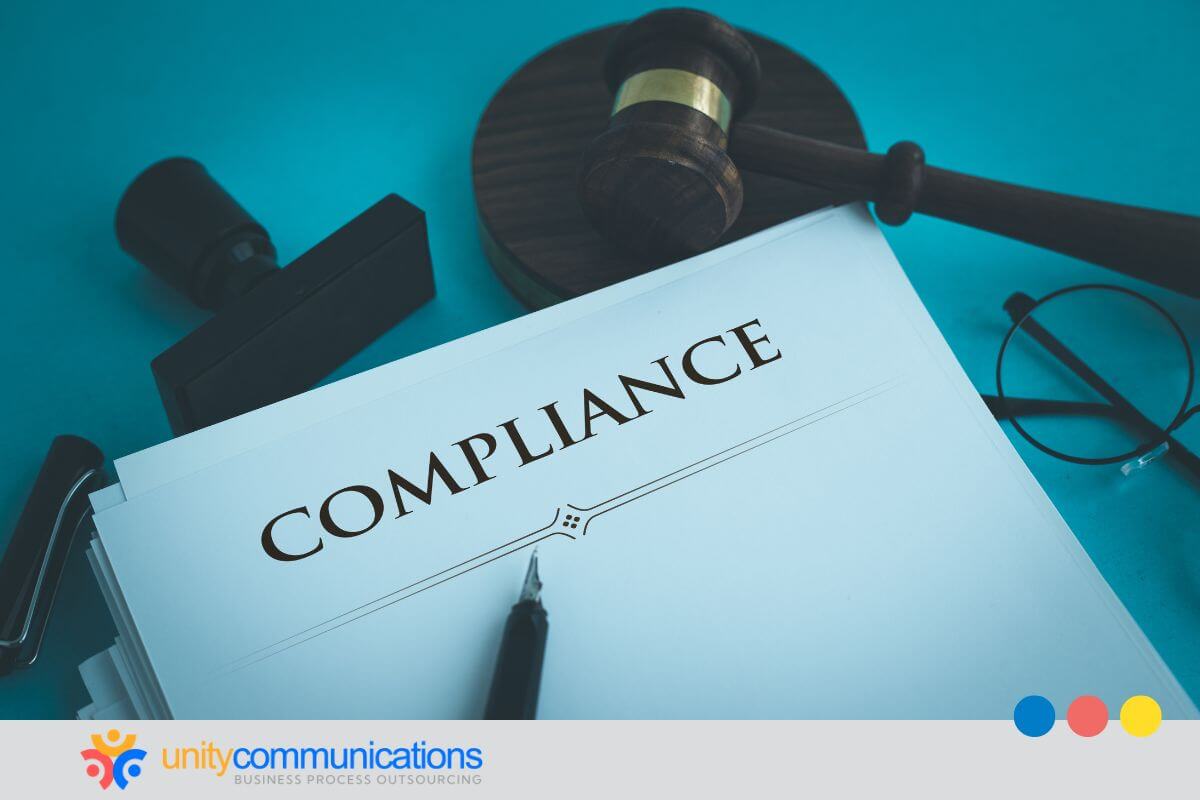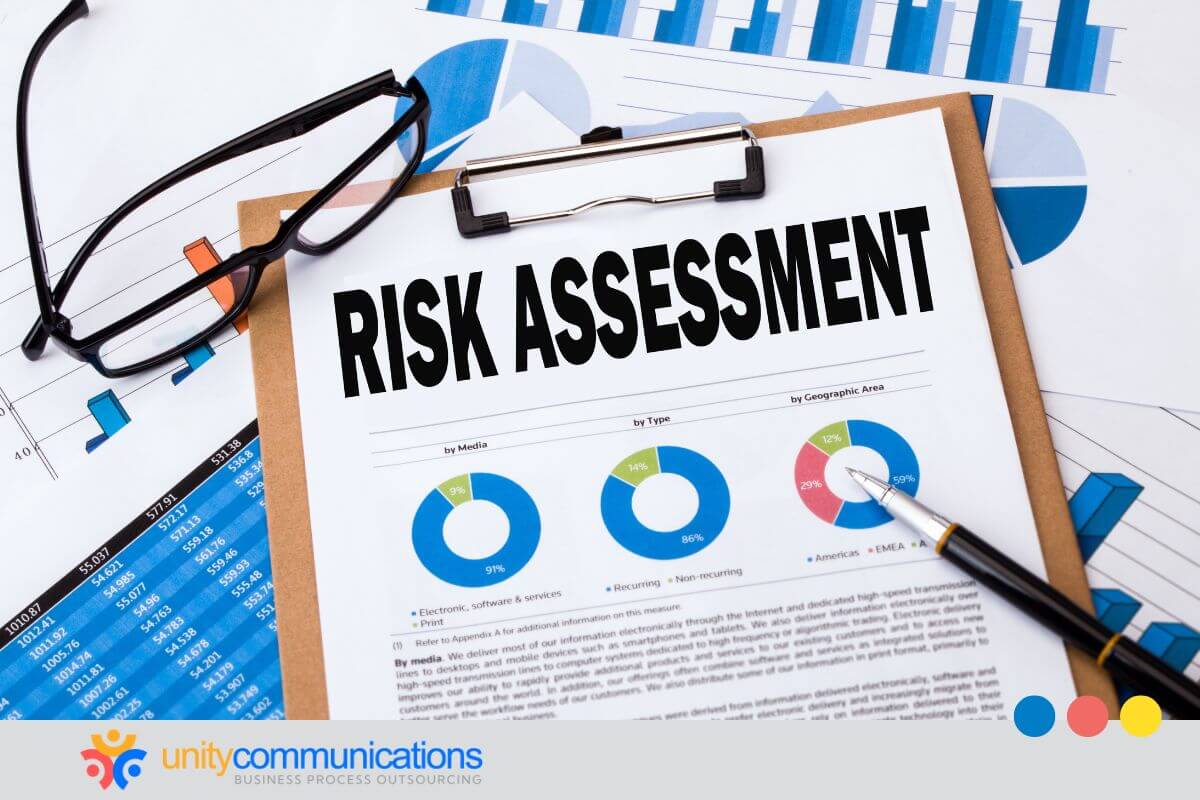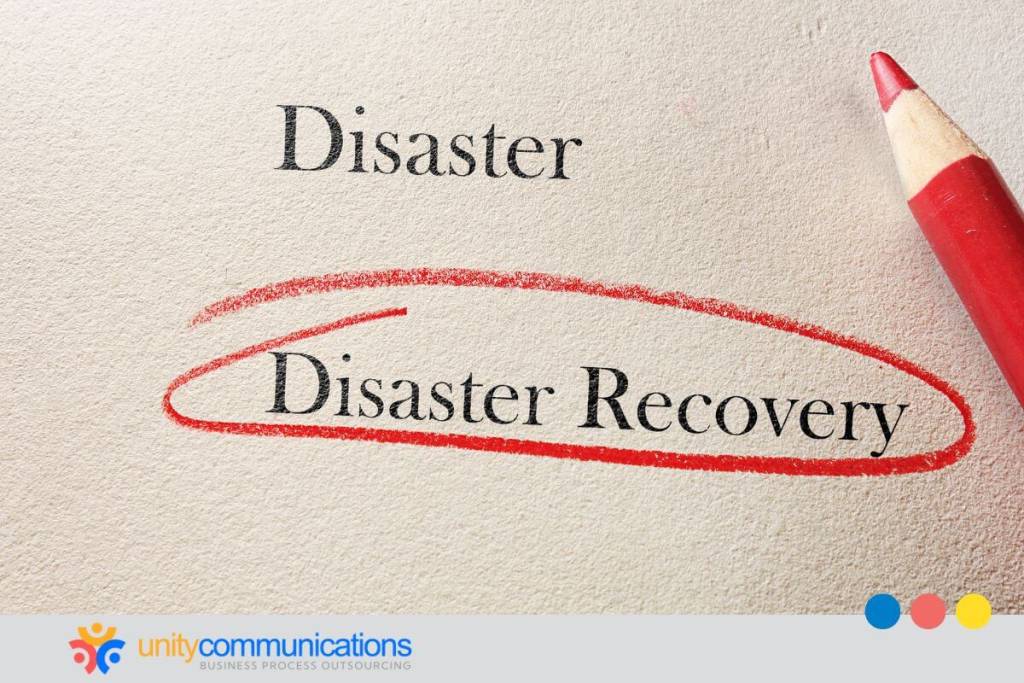IN THIS ARTICLE
Table of Contents
The Philippines has a business-friendly environment, suitable for many foreign companies looking to establish operations for expansion and tap into a skilled workforce. However, natural calamities frequently hit the nation. Hence, robust disaster recovery strategies are critical.
Employer of record (EOR) services offer a viable approach. They strategically manage human resources (HR), allowing firms to focus on core recovery efforts without administrative distractions.
Continue reading about the significance of EOR for disaster recovery staffing in the Philippines. This article explores how EOR Philippines can bolster your disaster response programs.
EOR’s role in rapid response

The Philippines has a dynamic but unpredictable business climate partly due to natural disasters, such as typhoons and earthquakes. The country experiences an average of 20 typhoons, and 100-150 earthquakes occur annually.
EOR services can help you prepare for disaster recovery staffing in the Philippines through the following:
1. Quick mobilization
Business process outsourcing (BPO) companies with EOR services can significantly enhance your organization’s ability to assemble a recovery-focused workforce quickly.
Rapid deployment of competent professionals is vital to resuming operations and reducing damages in the aftermath of a disaster. Employer of record providers in the Philippines specialize in quick hiring and deployment, using their broad networks and knowledge of local labor markets.
For instance, EOR partners quickly mobilize pre-vetted information technology (IT), customer service, and manufacturing professionals during disasters. Streamlining hiring continues the business and improves its resilience amid severe disruptions. It also prevents financial losses and customer dissatisfaction.
Additionally, BPO vendors handle onboarding, contract management, payroll setup, and benefits administration. This agility accelerates turnaround and allows the timely deployment of required skills.
2. Compliance assurance
Complying with labor laws during disaster recovery is challenging, especially in the Philippines’ Philippines’ complex regulatory environments. EOR partners solve this by handling legal responsibilities, including local laws, taxes, and benefits.
Compliance in disaster recovery is crucial due to shifting workforce needs and urgent recovery efforts. BPO providers mitigate risks by staying updated on Philippine labor laws.
For example, during recovery operations, an EOR partner guarantees that all workers receive their proper salary, overtime pay, and mandatory benefits, such as health insurance and social security. This compliance safeguards employees’ rights while shielding your company from legal consequences and financial penalties.
Moreover, EOR providers manage employment contracts and terminations within legal boundaries. This is crucial during rapid workforce changes (scaling the number of employees) to avoid legal disputes and financial risks.
Benefits of EOR in disaster scenarios

EOR partners become indispensable in disaster scenarios. They provide critical support to maintain operational continuity and employee well-being.
Consider the advantages of EOR services that can help your business prepare for disaster recovery staffing in the Philippines:
1. Operational continuity
One of the benefits of EOR services is maintaining operations during crises. While a provider handles HR functions, your firm can focus on core recovery activities.
Explore how service providers help achieve operational continuity during emergency events:
- HR management. EOR providers handle payroll, benefits, and contracts, freeing businesses to focus on recovery efforts. They offer timely and accurate pay and recognize the legal aspects of employee benefits, reducing worker stress during critical periods.
- Administrative relief. Third-party contractors manage HR responsibilities to prevent your organization from getting bogged down by administrative burdens. They comply with labor laws and legal challenges and efficiently handle employee concerns and documentation amid disruptions.
- Scalability. BPO organizations can quickly scale the workforce, depending on business needs. This adaptability allows your enterprise to maintain operational efficiency, responsiveness, and resilience during unexpected crises.
2. Employee support
Supporting workers during disasters raises morale, reduces stress, and builds resilience.
Employer of record services can provide essential resources and assistance to support and empower staff members through tough times.
Uncover how BPO firms provide employee support during disaster scenarios:
- Financial stability. EOR partners continue to provide employees wages, overtime pay, and essential benefits (e.g., health insurance) and maintain financial security during disruptions. Labor laws in BPO guarantee fair compensation, so employees receive accurate pay promptly regardless of the circumstances.
- Communication and guidance. They establish clear communication channels to keep employees informed and assist them in dealing with the crisis.
- Emotional and mental health resources. Third-party providers offer counseling to help employees cope with stress during and after disasters.
- Remote work enablement. They facilitate remote work arrangements or temporary reassignments. They allow employees to contribute to recovery efforts while ensuring their safety.
- Community support initiatives. BPO firms can organize community support programs to assist employees and their families with immediate needs (e.g., food and medicine).
Embracing EOR for disaster recovery staffing in the Philippines

Integrating EOR services into disaster recovery planning increases efficiency and resilience amid unexpected disruptions. Here’s how your enterprise can effectively include EOR in the disaster recovery strategy in the Philippines:
Preparation: integrating EOR into pre-disaster planning
Incorporating EOR services into pre-disaster planning is essential for seamless execution during crises. Follow these three pointers:
- Risk assessment and contingency planning. Conduct a thorough risk analysis to identify potential disruptions and their impact on workforce operations and formulate effective mitigation strategies. Integrate EOR capabilities into contingency plans for swift response and continuity.
- Contractual agreements. Establish clear formal contracts with EOR providers outlining roles, responsibilities, and service-level agreements (SLAs) during emergencies. This helps align both parties’ expectations and rapid activation when needed.
- Training and simulation exercises. Onboarding with employer of record services involves training key personnel on EOR protocols and conducting simulations to test response mechanisms. This prepares teams to activate EOR services during actual emergencies.
Steps for EOR plan activation and post-disaster evaluation
Implementing EOR involves specific ways to maximize its effectiveness during a disaster and refine strategies for future use. Follow these five steps:
- Immediate activation. Upon disaster declaration, swiftly activate pre-established EOR protocols. Notify EOR providers, initiate payroll adjustments, and adjust the workforce when needed.
- Communication and coordination. Continuously collaborate with EOR partners throughout recovery. Align employee support measures, such as counseling services and health benefits continuation, with the program and secure compliance with regulatory requirements.
- Post-disaster evaluation. After stabilizing operations, thoroughly review the EOR partners’ performance during the crisis. Assess response times, SLA adherence, and overall operational continuity performance. This step informs future disaster preparedness strategies and enhances organizational resilience.
- Refinement of strategies. Use evaluation findings to improve disaster recovery strategies involving EOR services. Update contingency plans based on lessons learned, incorporating feedback from outsourcing firms.
- Compliance review. During recovery, verify compliance with Philippine labor laws and regulations. Address any issues identified and update protocols to mitigate risks.
The bottom line
EOR services in the Philippines offer operational continuity by managing HR functions during crises, minimizing disruptions, enhancing morale, and reinforcing organizational resilience in business continuity plans.
Adopting EOR in disaster recovery strategies maintains operational stability and preparedness in the face of adversity. This partnership also allows you to respond effectively to future emergencies.
Let’s connect to learn more about how EOR services can help your organization prepare for disaster recovery staffing in the Philippines. Unity Communications, an EOR provider, can help your business achieve smooth workforce mobilization, comply with local regulations, and maintain operations during crises.





